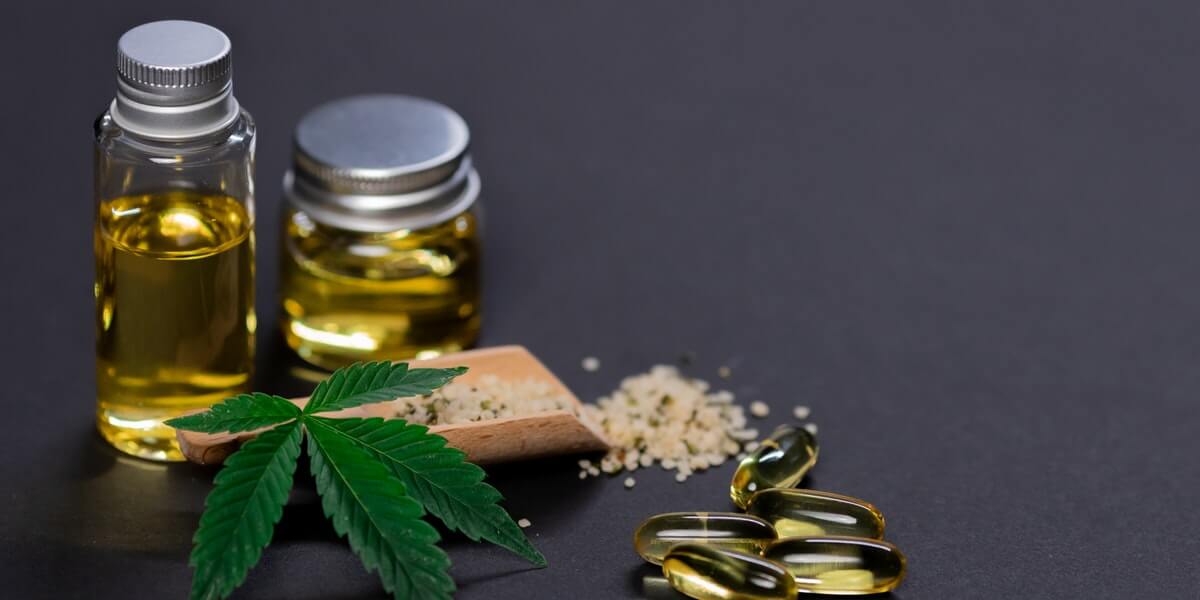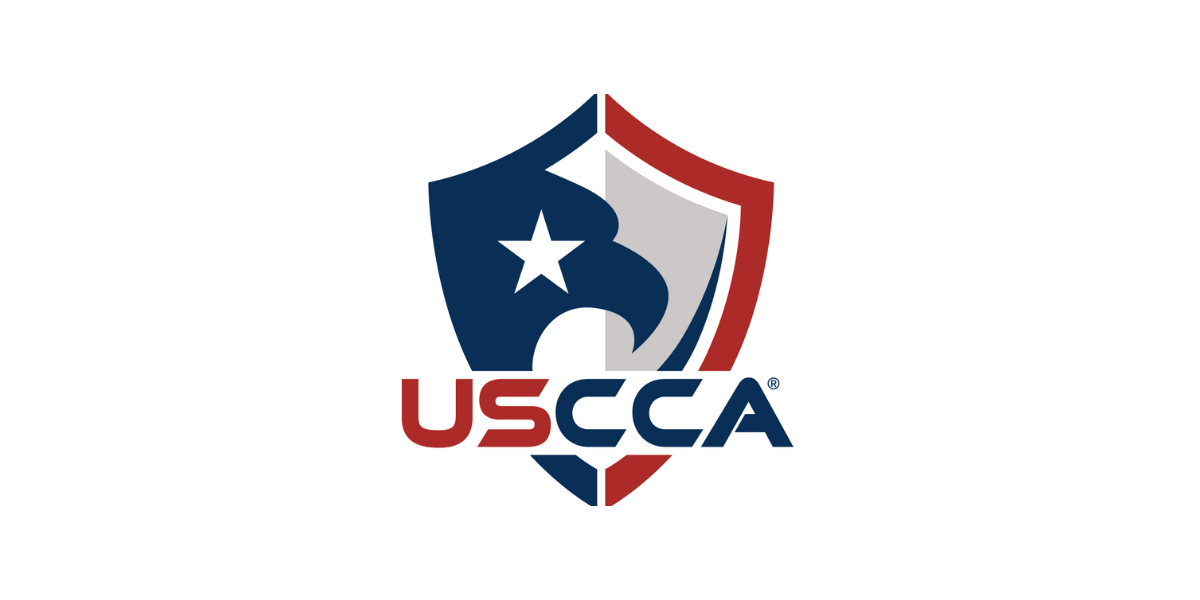Under Guideline H, Drug Involvement, the government may have security concerns about past or current illegal drug use since this can raise questions as to your judgment, trustworthiness, reliability, and integrity. Those possessing a security clearance are required to be responsible and reliable when it comes to their duties, and this responsibility is not limited to official activity during business hours. It extends to all personal conduct occurring off-duty hours as well. The government runs a tight ship when it comes to drug usage since drugs can alter your state of mind thereby impacting your judgment, or alternatively, may serve as a basis for coercion.
So, does this mean that if you have had any illegal involvement with drugs, you have no chance of obtaining or maintaining a security clearance? No, but you will have to mitigate the government’s concerns. This means proving that your previous drug usage will not impact the government’s ability to trust you, or that your current drug use was under such circumstances that it does not raise a concern (i.e., innocent ingestion).
While there are many different bases that can trigger Guideline H concerns, the most common is usage prior to obtaining a clearance—whether that is disclosed during the application process or whether it comes up years later after already receiving a clearance—such as when applying for a Top Secret Clearance, which includes a more extensive inquiry into your past and present conduct. In this respect, several key factors to whether this concern is significant enough to preclude you from obtaining a clearance or to cause your clearance to be revoked are:
- When the usage occurred and the duration of abstinence since the last usage;
- The frequency, duration, and context of use;
- How the government became aware of the usage (proactive affirmative disclosure, disclosure in anticipation of being caught, failing a drug test, etc.);
- Whether you voluntarily sought evaluation, counseling, or other treatment;
- Whether you possessed a clearance at the time of your use, and
- Whether you possess an intent to continue misusing any controlled or illegal substances.
Obviously, getting caught using drugs while possessing a clearance is the worst-case scenario, especially if you had an opportunity to self-report prior to getting caught. A close second, however, is the failure to disclose current or prior usage when asked, as this is clear evidence that the usage poses a risk that will be used to coerce or influence you to take actions contrary to our nation’s best interests. This highlights the government’s desire that you not hide your activities and instead are proactive and candid about any drug involvement you have had.
One common pitfall many clearance holders have fallen into recently, however, is using marijuana now that it is legal at the state level. While many states across the country have legalized medical and/or recreational marijuana usage, at the federal level, it is still criminal and is classified as a Schedule 1 drug. Many clearance holders are unaware of this distinction and engage in use that puts their clearance in jeopardy. Even if you aren’t smoking, a trip to a dispensary or investing in marijuana stocks could unknowingly jeopardize your security clearance.
There are many ways to show the government that you can be trusted and that your previous involvement with drugs is not indicative of your present overall character. Ultimately, knowing how to advocate for yourself should the government question your drug involvement can be the difference between maintaining your security clearance and losing your career. Considering the stakes, it is important to remain cognizant of your involvement with any sort of drug, legal or not, as it could end up significantly damaging your career.
As a Senior Associate at Tully Rinckey PLLC, Allison focuses her practice on all aspects of military and national security law. Allison provides security clearance representation on matters ranging from assisting clients in proactively disclosing information to avoid issues, completing applications, responding to Statements of Reason, and attending revocation hearings. She can be reached at info@tullylegal.com or at (716) 439-4700.








